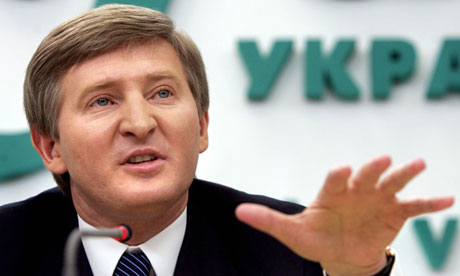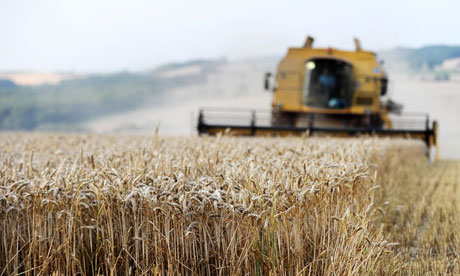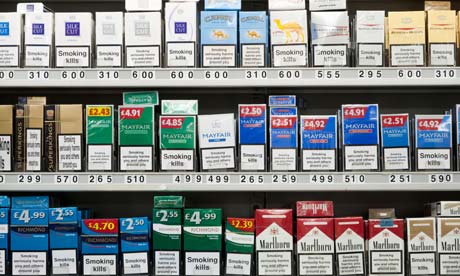BBC News Magazine
Increasing numbers of people are asking for help with sleep disorders and some of them are doing rather strange things during the night.
Specialist sleep clinics are treating more people with sleep disorders than ever before.
Clinics say they are getting up to 50 new referrals a week. It's a fivefold increase in just a decade for some. This big rise has been put down to raised awareness of sleep disorders and more people reporting them.
The clinics are also dealing with some strange new sleep behaviour, while other rather odd sleep disorders are becoming more common. So what are the weird things people do?
Technology now plays a huge part in our lives so it's no shock that sleep experts are seeing new kinds of sleep behaviour related to it.
More people are reporting sending text messages during their sleep, says Dr Kirstie Anderson, who runs the Neurology Sleep Service for the Newcastle Upon Tyne NHS Foundation Trust. Considering the number of Britons who now own a mobile phone -
92% according to Ofcom - it's not surprising. Many people also take them to bed.
"It is very common for people to do things in their sleep that they do repeatedly during the day," says Anderson.
This is largely down to sleep disorders called parasomnias. These are unwanted behaviours that occur during sleep.
They can be as small as opening your eyes while asleep or, at the very extreme end, driving a car while sleeping. Anderson has even treated someone who carefully dismantled grandfather clocks while asleep.
What happens in our brains during such episodes is still something of a mystery. Not much research has been done, largely due to the fact that gathering data is very difficult.
"The problem is people rarely do such acts under controlled conditions at a sleep clinic," says sleep specialist Dr Chris Idzikowski, director of the Edinburgh Sleep Clinic. "But this area of research is going to really move forward in the next few years because we now have the necessary equipment to record people in their own homes."
Reassuringly, the texts people send when asleep often make no sense. While it is common for people to do things in their sleep that they do during the day, they do them more clumsily or inaccurately, says Anderson.
Unexplained empty food wrappers and a messy kitchen are what some sleepwalkers face when they wake up. Often snacking in your sleep is not a big problem, but in more extreme cases it is classed as Nocturnal Eating Syndrome (NES). Again, increased awareness of the sleep disorder means more people are being referred to sleep clinics with it.
Sufferers can raid the kitchen several times a night but have no recollection when they wake up. Not only do they lose sleep but they can put on an excessive amount of weight, causing a whole range of problems mentally and physically. Other concerns include choking in their sleep.
Like other strange nocturnal behaviour, sleep eating often happens when people experience parasomnias, which half a million Britons regularly do, according to Anderson. When it comes to eating in your sleep often it is related to what happens before bedtime.
"Sleepwalkers will often do simple things that make some kind of sense, like eat when having gone to bed hungry or dieting during the day," says Anderson.
In more complicated cases, where someone might cook a meal, the person is actually awake but will have no memory of what they have done. It's a type of amnesia, says Prof Jim Horne, from the Sleep Research Centre at Loughborough University.
"They are basically in a confused awake state. In these more extreme cases you can't attribute the problem to sleep itself. Often it's a case of stress, for example, affecting sleep."
Sexsomnia, a condition where people have sex in their sleep, has only really been brought to the public's attention in recent years. As yet very little research has been done into it, say sleep experts, but more cases are being reported.
It can become more frequent during times of stress or under the influence of alcohol or drugs and ranges from minor behaviour to full sexual intercourse, in some cases with serious consequences.
Idzikowski gives expert evidence at trials that involve serious sexual assaults and rape.
He says sexsomnia is a parasomnia. It is most likely to occur in the "deep sleep" stage when the thinking and awareness part of the brain is switched off but not the part of the brain responsible for basic urges like having sex.
"It is instinctive behaviour, people are not conscious at the time," says Idzikowski.
"When you are in a deep sleep moral and rational decision-making do not occur.
"It constantly surprises me the type of sleep problems people live with for years. Often they don't realise they can get help ."
When sleepers stop breathing this is often caused by a sleep disorder known as Obstructive Sleep Apnoea (OSA). While it is not a new sleep disorder, an increasing number of people are being referred to sleep clinics with it. As obesity is a contributing factor, experts expect numbers to keep on rising.
Usually accompanied with very loud snoring, OSA occurs when the throat muscles collapse and block the airways and stop people from breathing - the apnoea. After recently undergoing tests as part of the new BBC One series Goodnight Britain Paul Asbury, from King's Lynn, found out that he regularly stopped breathing in his sleep for up to 26 seconds at a time.
"I was really scared when I was told," he says. "It made me panic to think I regularly stopped breathing and for that long. I thought I had a snoring problem but it was much more serious."
These breaks in breathing woke the 47-year-old lorry driver up to 50 times an hour during the night. In extreme cases it can be up 80 times, says Idzikowski.
"The sufferer will often not remember waking up. This is because the brain does not quite connect with the body, so the person is awake but doesn't know it. It can take up to a minute for the brain to connect with the body causing people to be conscious of waking up.
"The result is that sufferers get very little deep sleep which is one of the restorative phases of the sleep cycle. In the morning they usually feel incredibly tired," says Idzikowski.
This can have serious consequences if people are doing things like operating machinery. Asbury's disorder is being treated using a special face mask, which is working so far.
You're peacefully falling asleep and suddenly it's like a bomb has gone off in your head. It's exploding head syndrome, when a sudden and incredibly loud noise comes from within your head.
It's another parasomnia event. Sufferers have described the loud noise as sounding like a bomb explosion, a thunderclap and lightning or a gunshot. It is painless but can leave the person distressed. There are reports of people running to their windows to look out as they think a bomb has gone off nearby.
Some sleep experts say it is very rare but Anderson says cases have been referred to her in recent years. It is really the sensory equivalent of the motor start [the hypnic or sudden jerk accompanied by a falling feeling] we all sometimes get as we are going off to sleep, she says.
"People hear a really loud bang or explosion as they are drifting off to sleep, and then work out that it can't be external as no-one else heard it. Sometimes people get bright flashes of light.
"It is entirely benign, but can be alarming and mostly we simply reassure sufferers. Sometimes medication is used if people are very bothered and therefore worry about falling asleep and make it worse."
Often there is no pattern to episodes, but they can go on for years and be a significant disruption to quality of life.

 72 Comments
72 Comments


